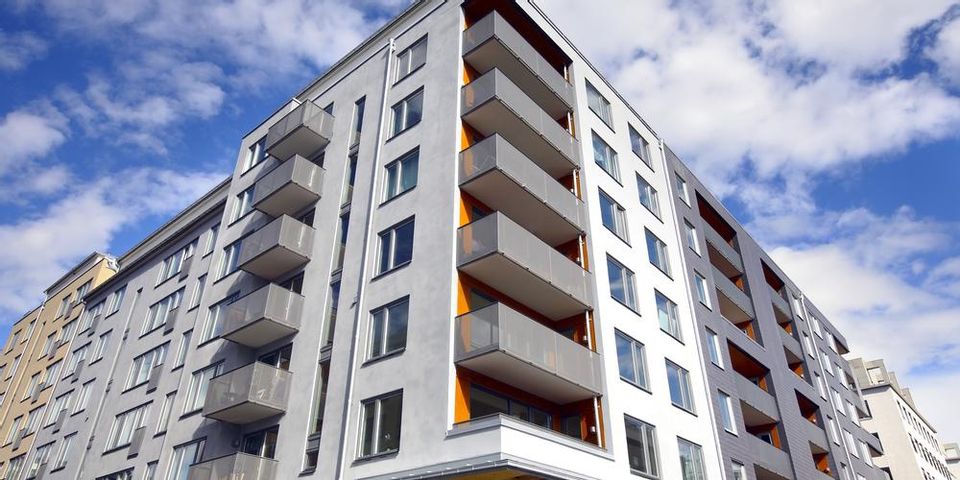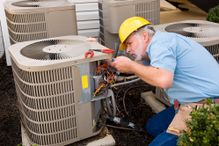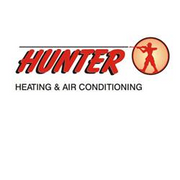The Top HVAC Systems for a Multifamily Home

One of the most challenging decisions a developer makes when constructing a multifamily home is which HVAC system will be used to heat and cool the building. After all, numerous factors can impact the selection process, including the property’s size and location, installation costs, and a system’s long-term efficiency and maintenance needs. However, builders typically opt for either a centralized or decentralized residential HVAC solution. To help determine which system is right for your residential building’s needs, local experts have provided a breakdown of these two popular HVAC options.
With centralized HVAC systems, heating and cooling are distributed throughout a building from one primary location, typically a mechanical room. Ideal for residential properties with five to seven floors, centralized systems are very energy efficient. However, they are expensive to install, their maintenance and upkeep can be complicated, and their central operating structure makes it difficult to monitor the utility usage of individual units.
 On the other hand, decentralized HVAC systems provide individual units with their own heating and cooling systems, allowing residents to monitor their own utility usage. This solution is recommended for smaller residential buildings, ideally those that are six floors or fewer. While decentralized systems are cheaper to install and simpler to maintain than centralized systems, they are typically not as energy-efficient and tend to break down more quickly. Additionally, individualized heating and cooling equipment for each unit often lead to a greater number of costly maintenance calls.
On the other hand, decentralized HVAC systems provide individual units with their own heating and cooling systems, allowing residents to monitor their own utility usage. This solution is recommended for smaller residential buildings, ideally those that are six floors or fewer. While decentralized systems are cheaper to install and simpler to maintain than centralized systems, they are typically not as energy-efficient and tend to break down more quickly. Additionally, individualized heating and cooling equipment for each unit often lead to a greater number of costly maintenance calls.
If you’re in the process of selecting an HVAC system for your residential property, let the reliable HVAC contractors at Hunter Heating & Air Conditioning guide you. Since 1931, they have provided full-service heating and air solutions to residents in High Point, NC, and surrounding areas and are skilled at tackling your most challenging maintenance needs, from central air installation to heat pump repair. For a free quote or consultation, give them a call today at (336) 882-3367, or visit their website to learn about their affordable services and offerings.
About the Business
Have a question? Ask the experts!
Send your question

